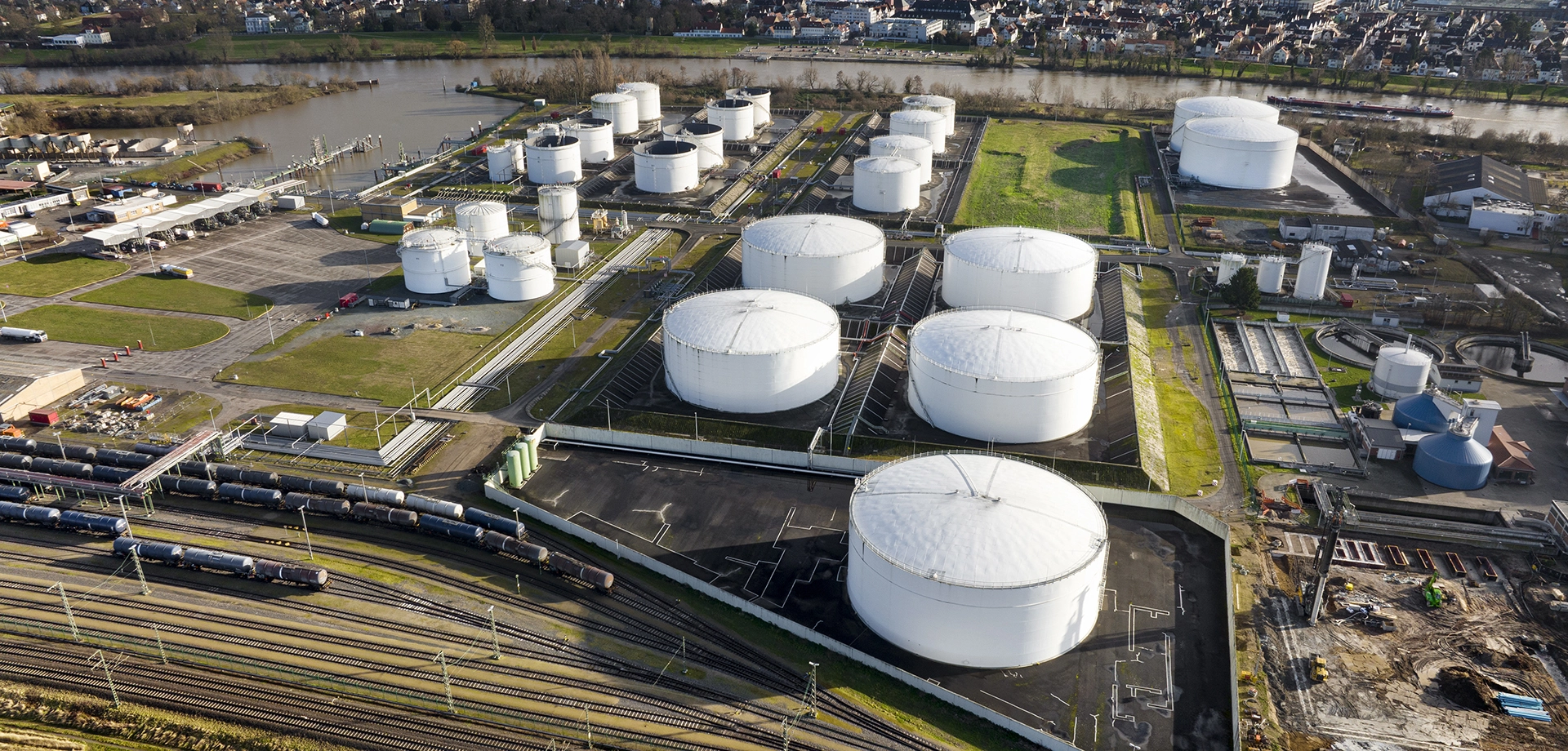What has happened?
The Nigerian National Petroleum Corporation has officially “relaunched” as NNPC Limited in a high profile ceremony led by President Buhari.
This transition involves the incorporation of a new CAMA company, which is wholly owned by the Nigerian government. The establishment of the new NNPC Limited was mandated in Nigeria’s revolutionary Petroleum Industry Act (PIA) and this is one of the key initial steps in the PIA’s implementation.
What are the consequences?
NNPC Limited is a limited liability company (rather than a state-owned and state-funded corporation) and is intended to operate as a commercial entity. It is expected to publish annual reports and audited accounts and declare dividends to its shareholders – the Nigerian government, and therefore should remain a vital contributor to state revenues.
The new NNPC Limited is expected to have independence and be no longer dependent on government support in its operations. It is expected to raise its own funds and this may lead to wider adoption of the incorporated joint venture model, which is provided for (but not mandatory) under the PIA. The extent of government control and direction over NNPC Limited will be revealed through practice. However, the PIA states that the government owns all shares in NNPC Limited at the outset and controls the selection of its management team.
NNPC Limited is, like any other oil and company operating in Nigeria, required to pay its share of all fees, rents, royalties, profit oil shares and taxes to the government in relation to any participating interests it holds in petroleum leases or licences.
Next steps for NNPC
The Minister of Petroleum and the Minister of Finance have 18 months from the effective date of the PIA to determine the assets, interests and liabilities of NNPC that will be transferred to NNPC Limited or its subsidiaries. As yet this process remains entirely unclear and no details about this have been explained – but will have considerable legal and commercial significance. It appears that any pending proceedings brought by or against NNPC before such transfer (that relate to the assets, interests or liabilities transferred to NNPC Limited) may be enforced or continued by or against NNPC Limited as the successor of NNPC.
Once any remaining assets, interests or liabilities have been extinguished or transferred to the government, NNPC will be wound up.
Where are we with PIA’s implementation?
It has been almost a year since the PIA was signed into law by President Buhari. Some initial progress with its implementation has been made: the new upstream authority, the Nigerian Upstream Petroleum Regulatory Commission, was constituted in October; and NNPC Limited has made senior appointments with Senator Margret Chuba Okadigbo as chair and Mele Kyari continuing as CEO.
Two of the most immediate upcoming requirements are the creation and funding of host community development trusts (which must be done by August 2022) and the opening of abandonment escrow accounts and preparation of abandonment plans (where no clear deadline is apparent).
As yet, there have been no conversions of OMLs / OPLs to the new PIA forms, and the form of conversion contract has not yet been made publicly available. More transparency about this process would be welcome and the first successful conversion will be a significant milestone in PIA adoption.
Given the widespread and profound changes introduced by the PIA, we expect full implementation to continue to take some time. As we approach the end of Buhari’s presidency, political attention will likely turn to the race to become his successor ahead of the election in February 2023.

